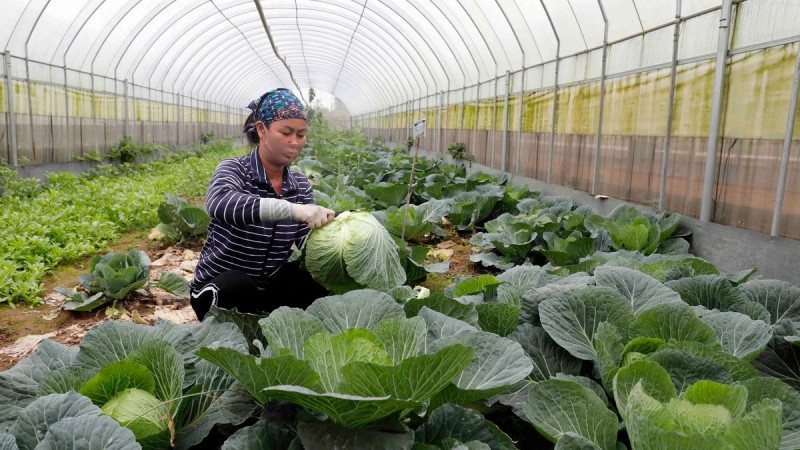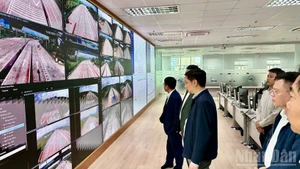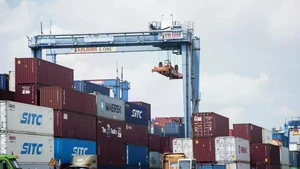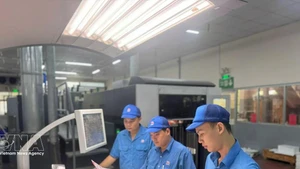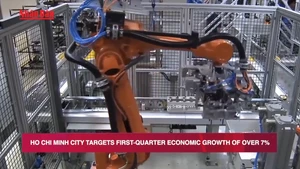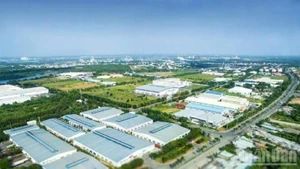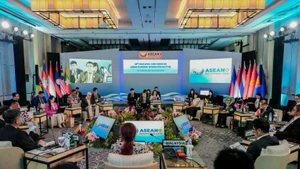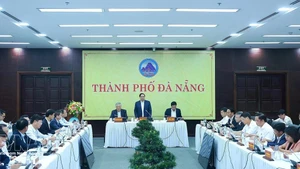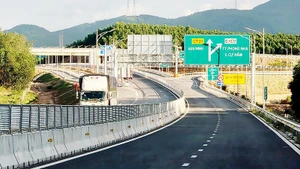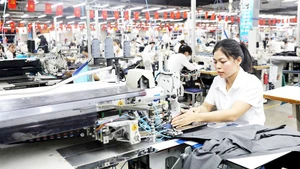With pioneering steps in sustainable agriculture, Northern European countries such as Sweden, Denmark, and Norway have developed many valuable initiatives that Vietnam can learn from, thereby building a long-term and sustainable strategy for domestic agricultural products.
Green agriculture in Northern Europe: Sustainable vision and high technology
In Northern Europe, agriculture is not only a production sector but also a commitment of countries to the community and the environment. These countries have long implemented strategies to minimise environmental impacts from agricultural activities, promote sustainability, and protect ecosystems.
High technology is widely applied to monitor and optimise production processes. Sensors, artificial intelligence, and blockchain all play an important role in reducing waste, optimising resources, and increasing transparency in the agricultural supply chain.
Notably, organic production is prioritised in Northern Europe thanks to supportive policies and strict regulations on the use of chemical and pesticide. The environmentally friendly production model not only protects land and water resources but also creates conditions for the ecosystem to develop naturally and sustainably.
Nordic governments actively encourage organic production through national campaigns, such as Denmark's "National Organic Action Plan", which aims to increase the organic farming area to 25% by 2030.
The organic farming model has become a trend, with 10% of agricultural land dedicated to organic farming, creating a competitive and healthy market for clean products.
With a diverse and high-potential agricultural sector, Vietnam can learn from the Nordic countries to build a green agriculture sector. The application of high technology in monitoring and optimising production should be prioritised in the future. Examples include using sensors to measure moisture and soil nutrients, and blockchain to make the production process transparent, thus meeting the traceability requirements of the international market.
At the same time, Vietnam needs to promote the transition to organic production, gradually reducing the use of chemicals, to ensure that agricultural products meet the green standards that are popular globally.
According to Nguyen Thi Hoang Thuy, Trade Counsellor of Vietnam in Sweden, developing organic agriculture is an inevitable trend that Vietnam needs to follow to compete in the world market, especially in demanding markets like those of Northern Europe. Applying technology to agriculture not only helps optimise production but also minimises costs and increases productivity.
Developing a sustainable supply chain is an important factor in the Northern Europe strategy, from optimising the distribution process to using low-emission transport methods. Therefore, these countries minimise CO2 emissions, helping products reach consumers with sustainable imprints.
According to the Vietnam Trade Office in Sweden, outstanding initiatives such as the "Swedish Ecological Footprint" programme help to minimise the impact of the agricultural sector on the environment through smart technology.
Vietnam can apply these initiatives to build a green supply chain, from transportation to product packaging to minimise emissions. In addition, the businesses need to focus on using recycled packaging and operating an environmentally friendly supply chain.
This is not only a step in line with international trends but also creates a competitive advantage in the global market as consumers increasingly value environmentally friendly products.
Investing in green technology — the key for Vietnamese businesses to reach out to the world
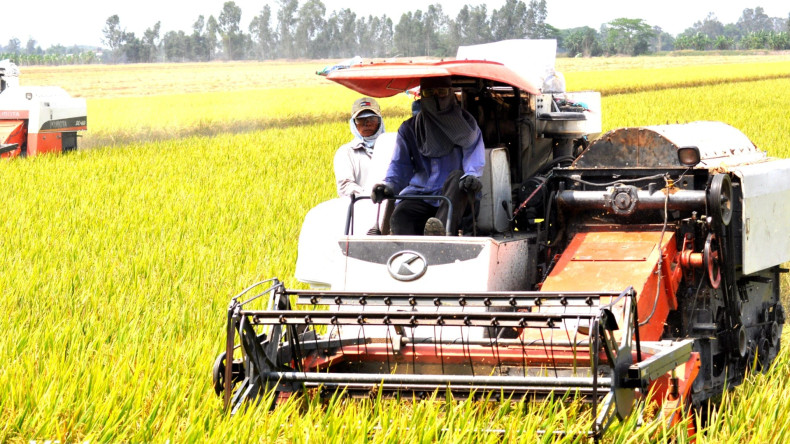 |
| Investing in green technology is considered the key for Vietnamese businesses to reach out to the world. (Photo: VNA) |
Given the strong shift in the global economy, investing in green technology is an indispensable long-term strategy. For Vietnamese businesses, applying green technology will help increase access to demanding markets such as those in Northern Europe, where consumers are willing to pay high prices for products of sustainable origin.
According to Nguyen Thi Hoang Thuy, in order to meet the strict standards of the international market, Vietnam needs to invest further into green technology to minimise environmental impacts and enhance brand value.
Moreover, committing to comply with international regulations on green standards will help Vietnamese businesses reduce costs in the long term.
Initiatives such as the EU's Carbon Border Adjustment Mechanism (CBAM), expected to be applied in 2026, require non-EU businesses to pay fees based on the amount of carbon emitted during the production process. To reduce costs, Vietnamese businesses can invest in technological solutions to reduce emissions.
By adopting green technology and environmentally friendly production processes, Vietnamese businesses can ensure that they not only meet international standards but also attract the attention of consumers and potential business partners.
Adopting green technology can become an effective marketing tool to differentiate from competitors and attract international customers.
In key export sectors such as textiles, footwear, and agricultural and food products, using environmentally friendly materials or optimising production processes in a sustainable manner will help Vietnamese businesses make strong impressions on global consumers.
Vietnamese businesses can also integrate new technology and sustainable practices to create innovative products and meet the needs of the global market.
Adopting green technology can open new sources of income, such as selling carbon credits or providing consulting services to other businesses in their transition to green business.
